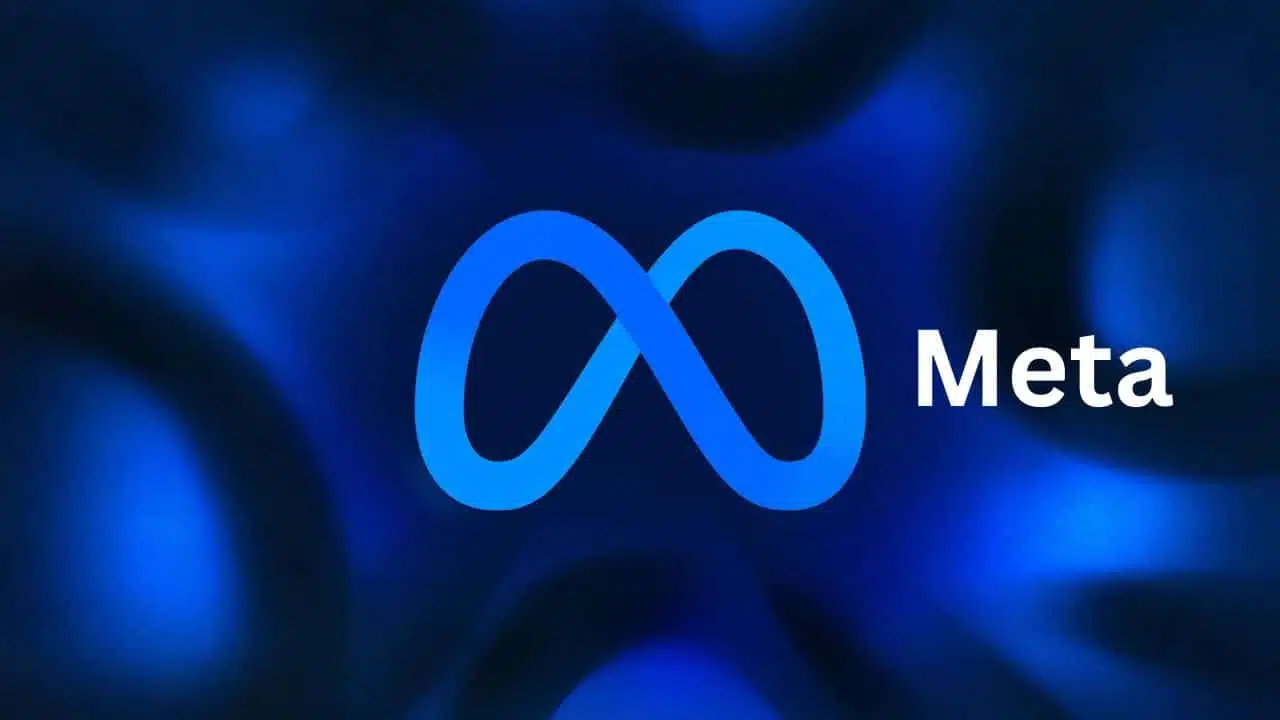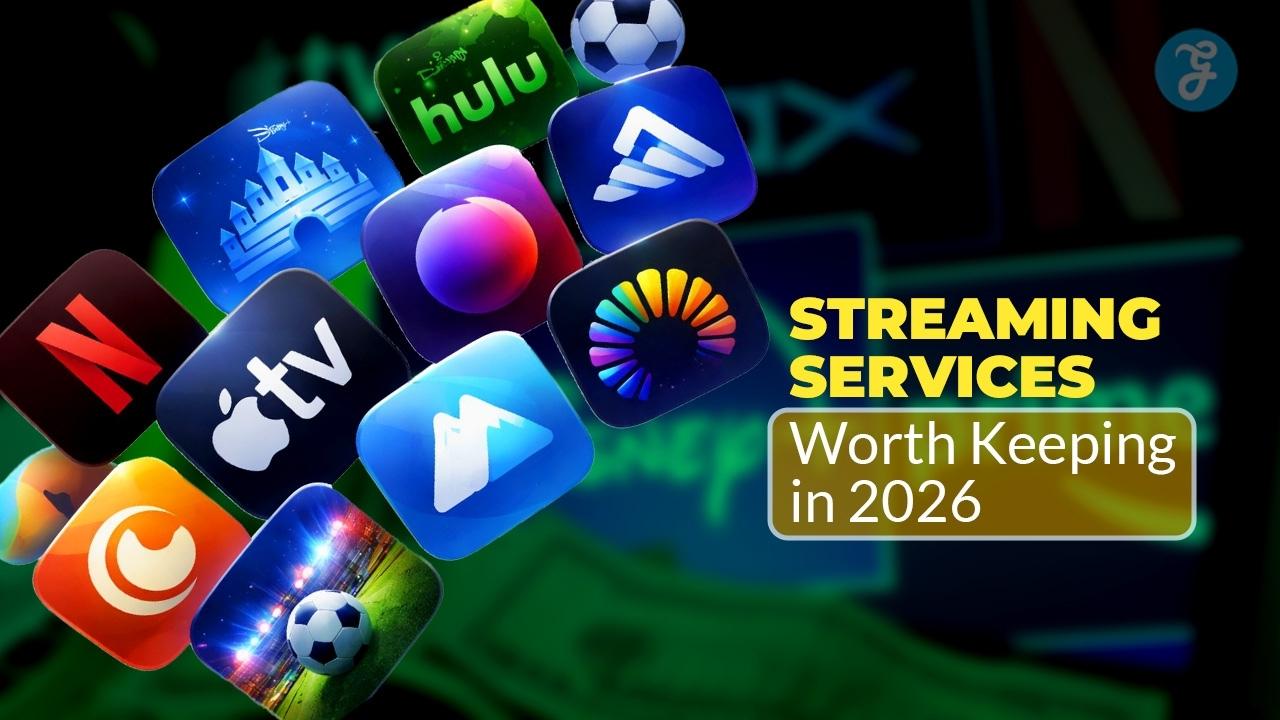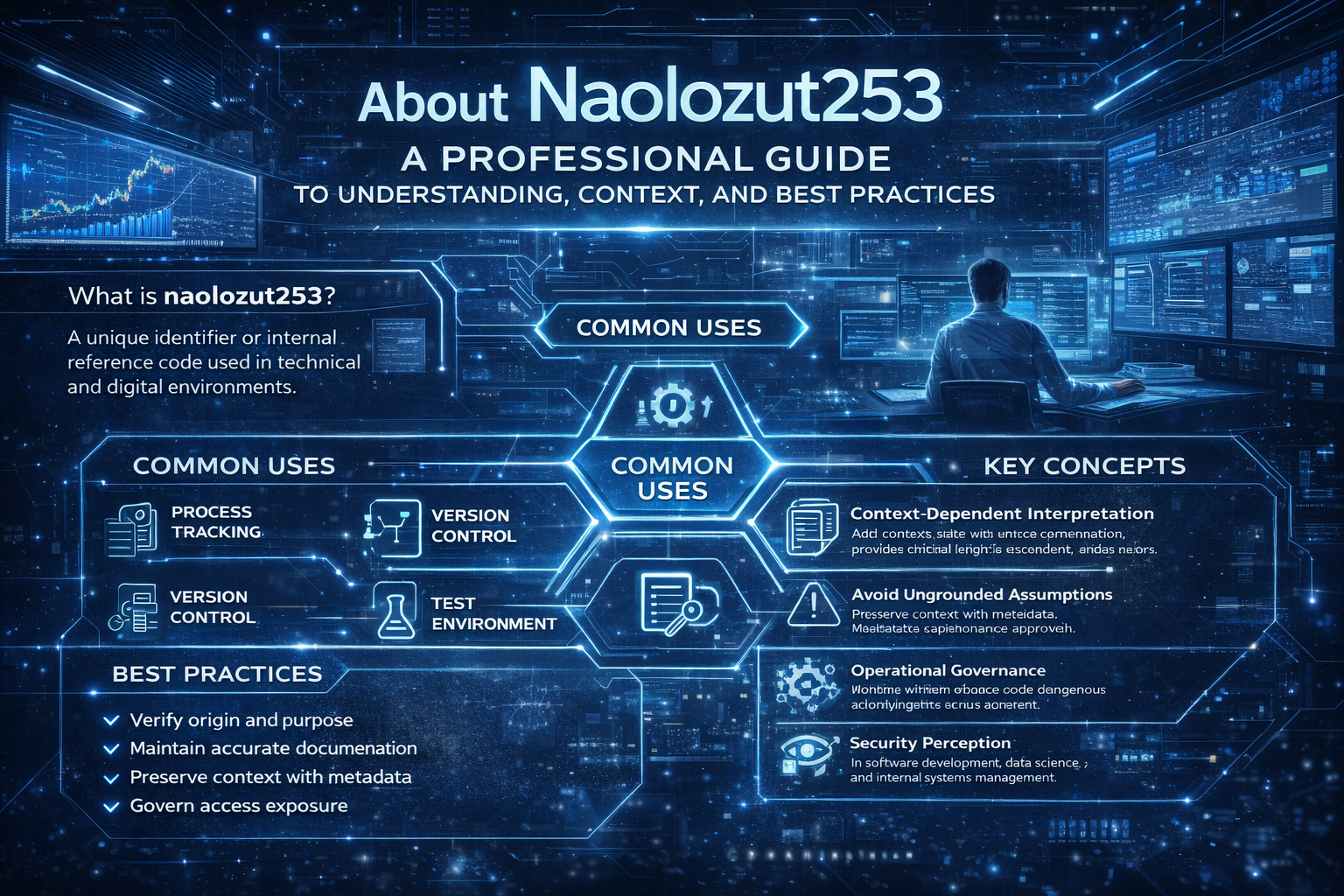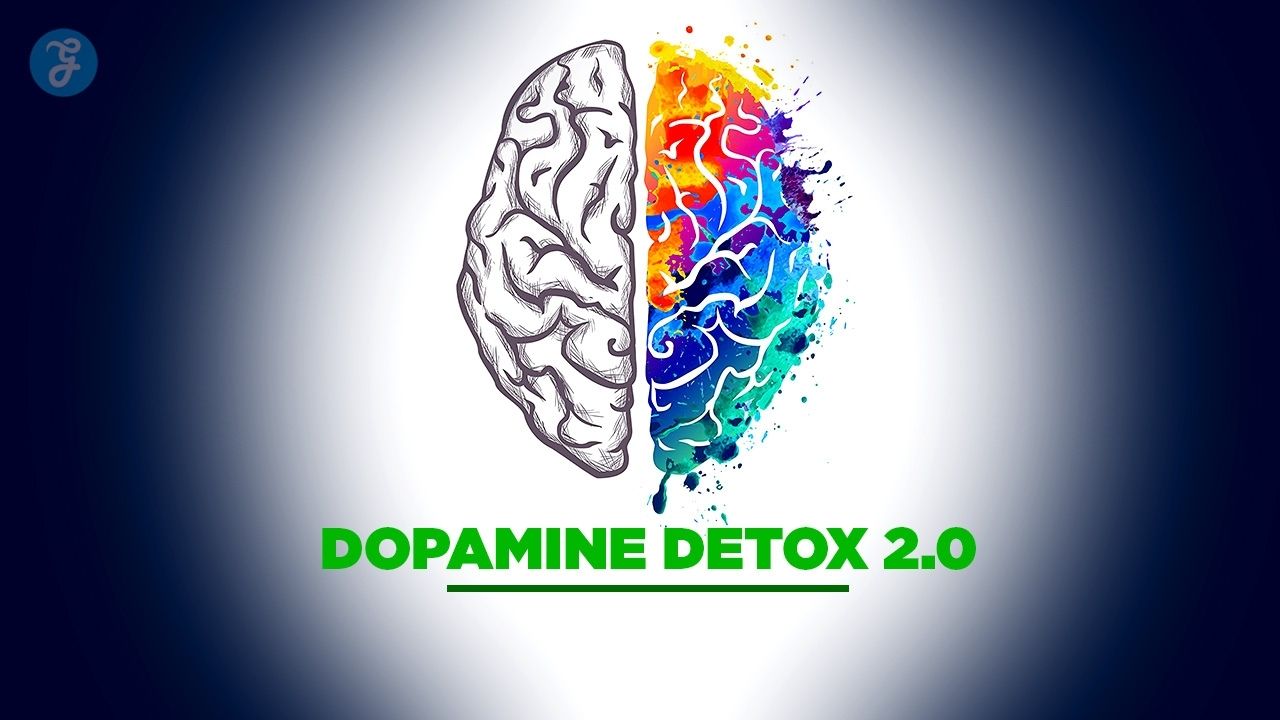As part of the European Union’s Digital Markets Act (DMA), Meta is being compelled to make major changes to its messaging platforms, WhatsApp and Messenger. The company will have to ensure these services are interoperable with other messaging apps such as Apple Messages, Telegram, Signal, and Google Messages. Recently, Meta shared detailed plans on how this interoperability will work for users in the EU.
The Digital Markets Act, introduced to create fairer markets and ensure more competition in digital services, identifies several tech giants as “gatekeepers” due to their dominance. Meta, being a major player in the messaging space, must open its doors to other platforms, giving users more flexibility in how they communicate across different services.
EU-Only Availability – For Now
These updates are significant, but as of now, they are limited to users within the European Union. The DMA mandates that large tech companies like Meta must follow these interoperability requirements to prevent monopolistic behavior in digital markets. While the prospect of being able to chat across different apps may sound exciting, there’s no confirmation that Meta plans to extend these changes globally.
Expanding these changes to other regions outside Europe might not be difficult from a technical standpoint. Once Meta successfully implements the changes in the EU, rolling out interoperability worldwide could be straightforward. However, the motivation to do so isn’t as strong for Meta. In other regions, there are no legal requirements pushing for similar regulations, and implementing these features voluntarily may not be beneficial to Meta from a business perspective. Unlike the EU, most other countries have not adopted such strict regulations around digital markets, and therefore, Meta is not under pressure to implement similar interoperability requirements outside Europe.
This means that for now, it’s highly likely that this new cross-platform messaging feature will remain an EU-exclusive perk unless other regions introduce similar mandates.
Flexible Options for Users
One key aspect of Meta’s interoperability strategy is giving users the ability to choose how they want their messaging experience to look. Rather than implementing a single solution for everyone, Meta will allow users to tailor their experience according to their preferences.
Here’s how it will work:
- Separate Inboxes: If you prefer to keep your conversations neatly organized, you can opt to have third-party messages from apps like Telegram, Signal, or Google Messages in a separate folder. This ensures your messages from WhatsApp and Messenger remain separate from other platforms, making it easy to manage your chats.
- Unified Inbox: For users who prefer convenience and simplicity, there’s the option to combine all messages into a single unified inbox. This means that your WhatsApp, Messenger, and third-party app messages will all appear together, allowing you to view and manage conversations from different platforms in one place.
Meta will present these options to users during the setup process, allowing for easy customization right from the beginning. If users change their minds later, they can adjust these settings and switch between views anytime they wish. This flexibility is a major advantage for users who want more control over how they interact with their contacts across different platforms.
Easy Onboarding and Guidance for Users
Meta understands that the concept of cross-platform messaging may be new or confusing for some users, especially those who may not be as tech-savvy. To ensure a smooth transition, Meta has developed an onboarding process that will guide users through the setup and customization options for third-party app integration.
During the onboarding, users will be given a step-by-step explanation of how third-party integration works. They will also be able to select which external apps they want to connect to WhatsApp and Messenger. Meta’s goal is to make this process as simple and intuitive as possible. Users will have full control over which apps they allow to integrate, and they can modify their preferences at any time.
Once a user has enabled third-party integration for a particular app, Meta will send notifications whenever new compatibility features or apps are added. For example, if Meta rolls out support for a new messaging app, users will be informed and can decide whether to integrate it into their inbox.
Full Features Across All Apps
Another critical aspect of Meta’s plan is ensuring that users enjoy a full-featured messaging experience, even when communicating across different platforms. This means that third-party chats will not feel inferior to native WhatsApp or Messenger conversations.
From the start, users will have access to the same rich messaging features they’re used to, including:
- Reactions: Users will be able to react to messages with emojis, just as they can within WhatsApp or Messenger.
- Direct Replies: You’ll be able to reply directly to specific messages in a conversation, a feature that helps maintain context, especially in group chats.
- Typing Indicators: Just like in WhatsApp and Messenger, you’ll be able to see when someone from another app is typing, giving you real-time feedback during a conversation.
- Read Receipts: Users will be able to see if their messages have been read, even if the recipient is using a third-party app. This feature helps maintain communication clarity and ensures users know when their messages have been seen.
These features will be available from day one, ensuring that users don’t feel like they’re losing functionality when communicating with people on other platforms. Meta is committed to offering a seamless experience across third-party apps.
In 2025, Meta plans to take things a step further by allowing users from different messaging apps to join group chats. This means that a group chat could include participants from WhatsApp, Messenger, Apple Messages, and other apps, all in one conversation. By 2027, Meta will roll out voice and video calling support across these platforms, further enhancing the cross-platform communication experience.
The Challenge of Encryption and Security
Perhaps the most significant challenge Meta faces with this interoperability update is maintaining the high level of security and encryption that users expect. Currently, WhatsApp uses the highly regarded Signal Protocol to secure all messages with end-to-end encryption. This ensures that only the sender and the recipient can read the messages, protecting conversations from being intercepted.
When it comes to integrating third-party apps, Meta needs to ensure that the same level of security is maintained. The solution Meta has proposed is to extend access to the Signal Protocol to third-party messaging apps. This means that apps like Telegram or Google Messages would need to adopt this encryption standard to communicate securely with WhatsApp or Messenger users.
However, this is easier said than done. For third-party apps to use the Signal Protocol, they would need to integrate the technology into their own platforms and receive Meta’s approval. This process may take time, as it requires each app to implement the protocol correctly and ensure it complies with Meta’s security standards. Nonetheless, this step is essential for maintaining user privacy and data security across all platforms.
In addition to encryption, Meta plans to have third-party service providers sign an official agreement outlining the terms of interoperability and security requirements. This agreement will ensure that all messaging platforms involved uphold the same level of security and privacy protection that WhatsApp and Messenger users currently enjoy.
Looking Forward: What’s Next?
While this interoperability update is exciting for users in the EU, its future outside Europe remains uncertain. Meta’s compliance with the Digital Markets Act is a direct response to regulatory requirements in the EU, and unless other countries adopt similar legislation, it’s unlikely that Meta will expand this feature globally in the near future.
For now, EU users can look forward to a more integrated messaging experience, giving them the freedom to communicate seamlessly across platforms without sacrificing features or security. Meta’s focus on flexibility, user guidance, and maintaining rich messaging features ensures that this update will benefit a wide range of users, from tech enthusiasts to everyday app users.
As these changes roll out, it will be interesting to see how other messaging platforms respond. Will they embrace the opportunity to integrate with WhatsApp and Messenger? Or will they resist, maintaining their walled-off ecosystems? Time will tell, but for now, EU users are on the brink of a new era in digital communication, with Meta leading the charge.
Meta’s steps towards interoperability in the EU are a major shift in the digital messaging landscape. With the company aiming to bring together multiple messaging platforms while maintaining security and user-friendly features, EU users are set to experience a more open and connected messaging environment. While the rollout outside the EU remains in question, these changes mark a significant moment in the evolution of how we communicate online.








































